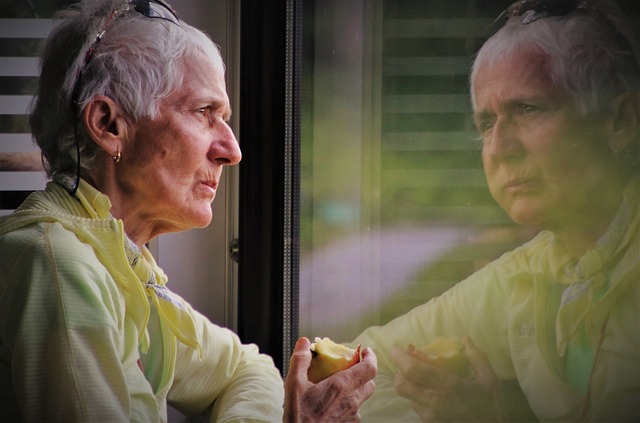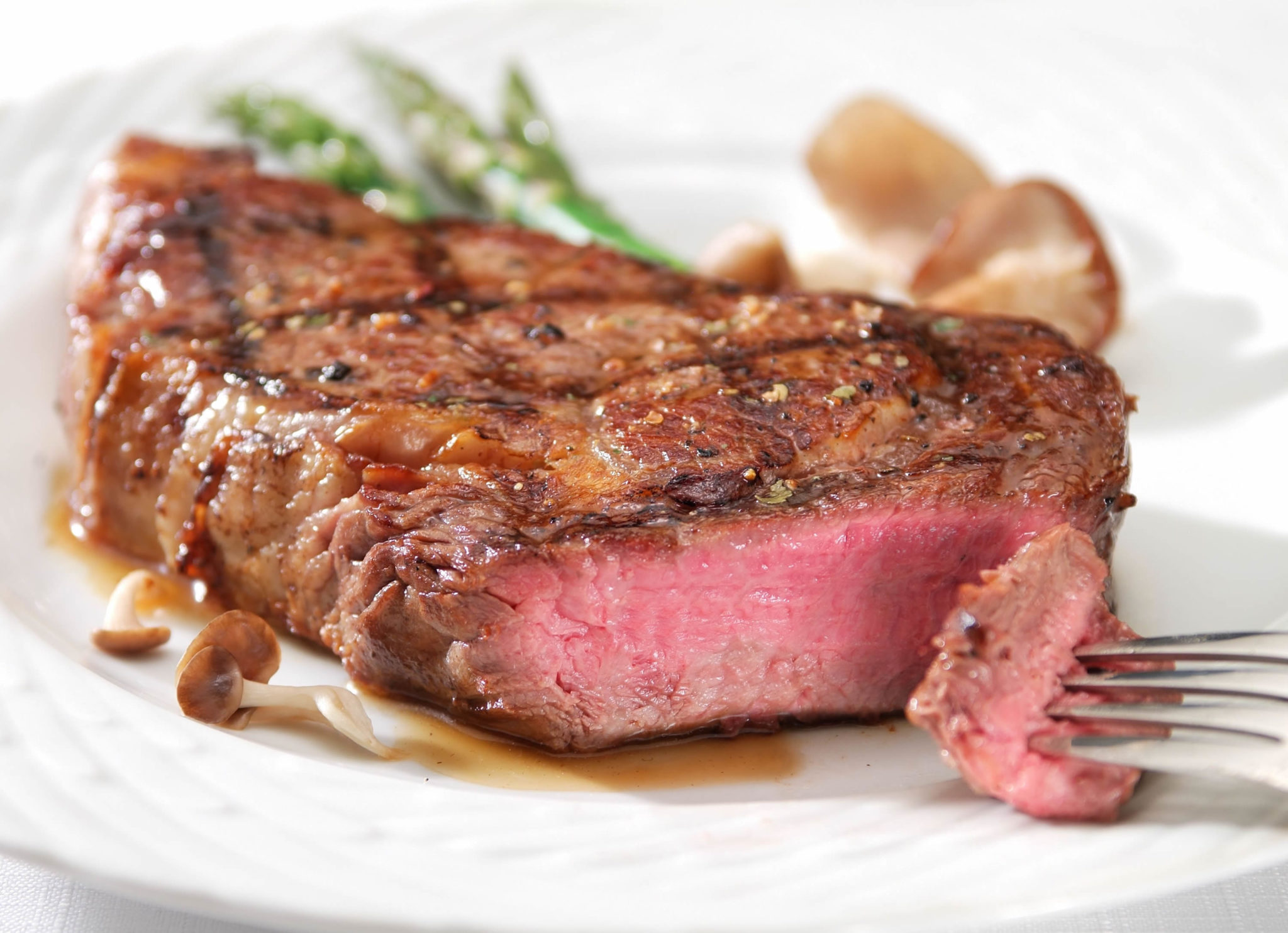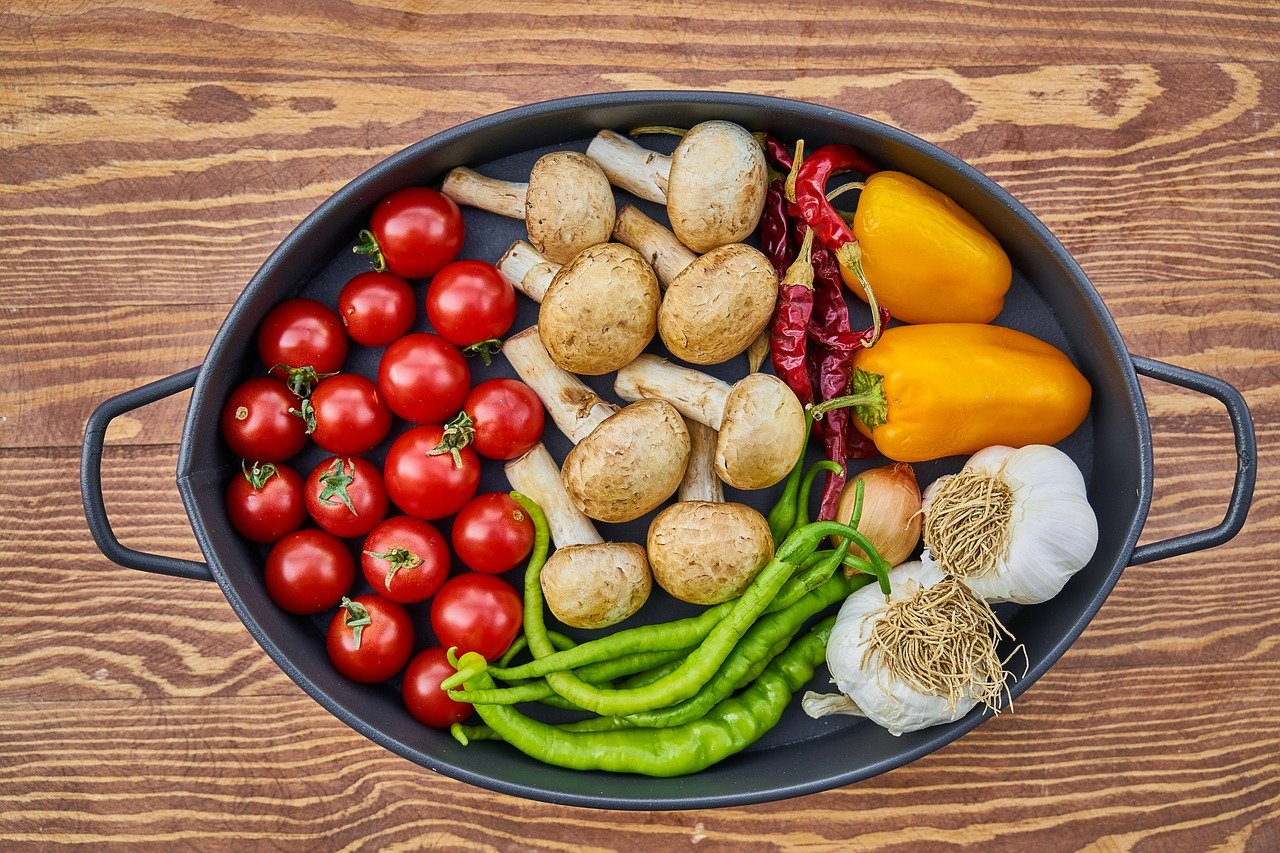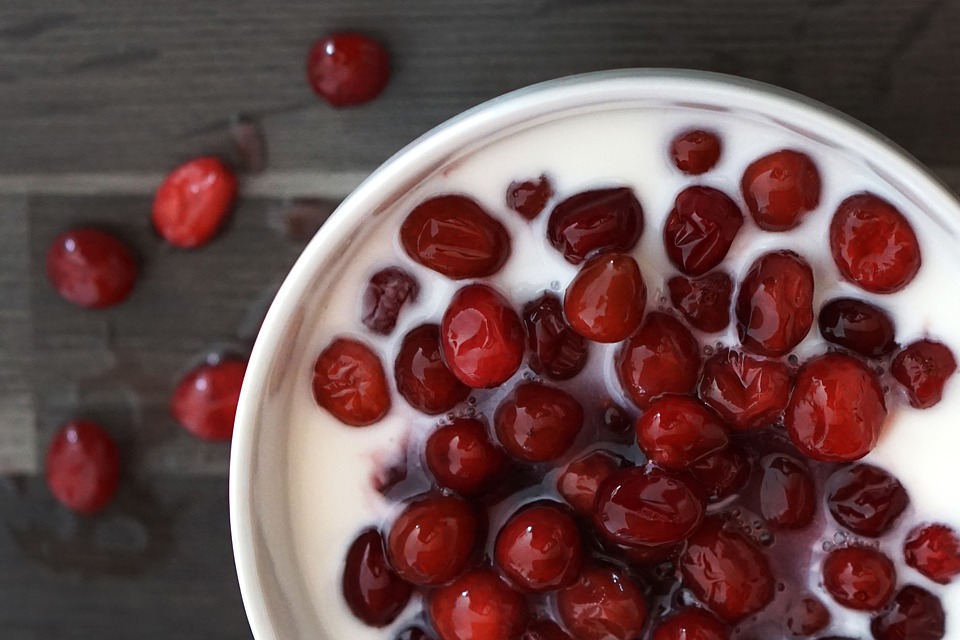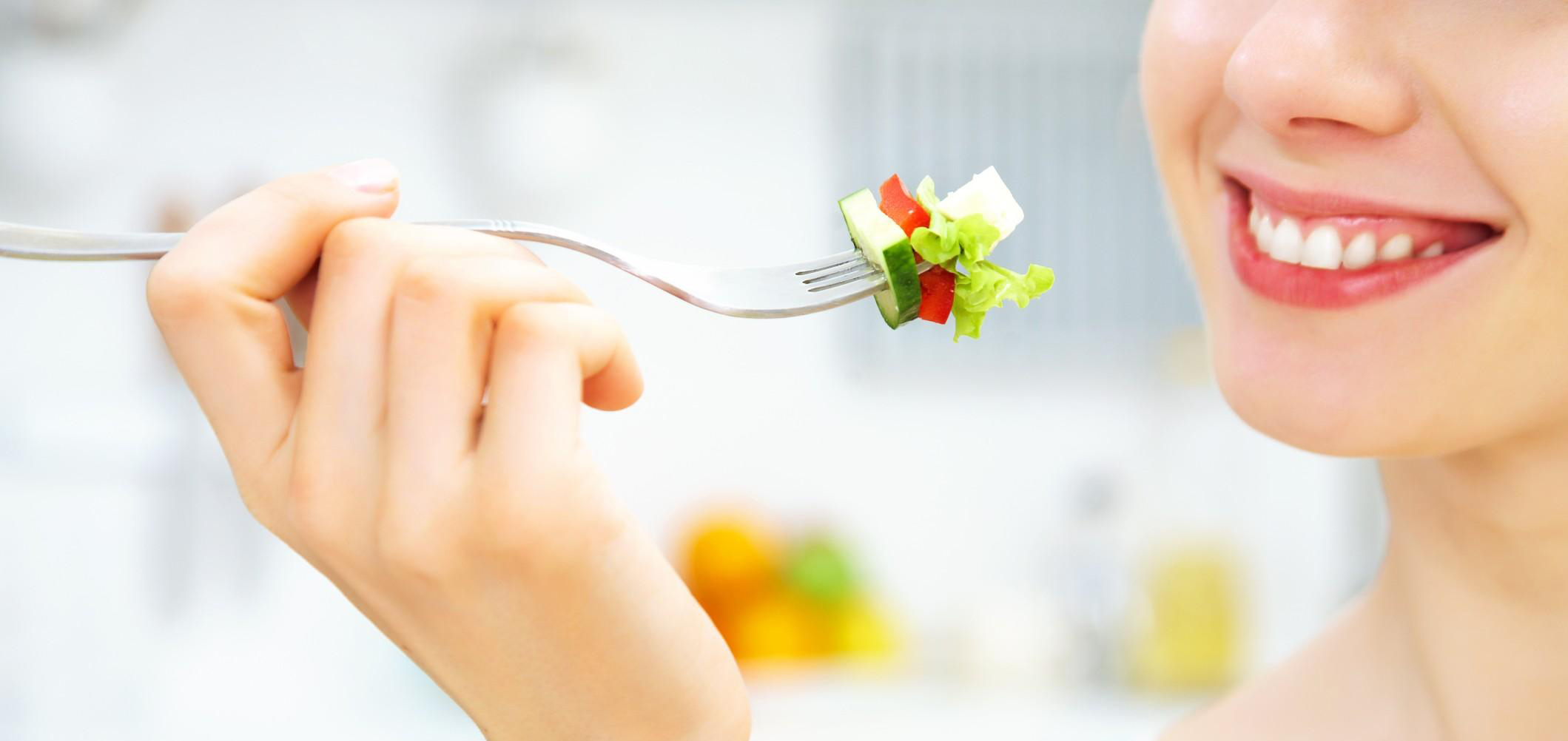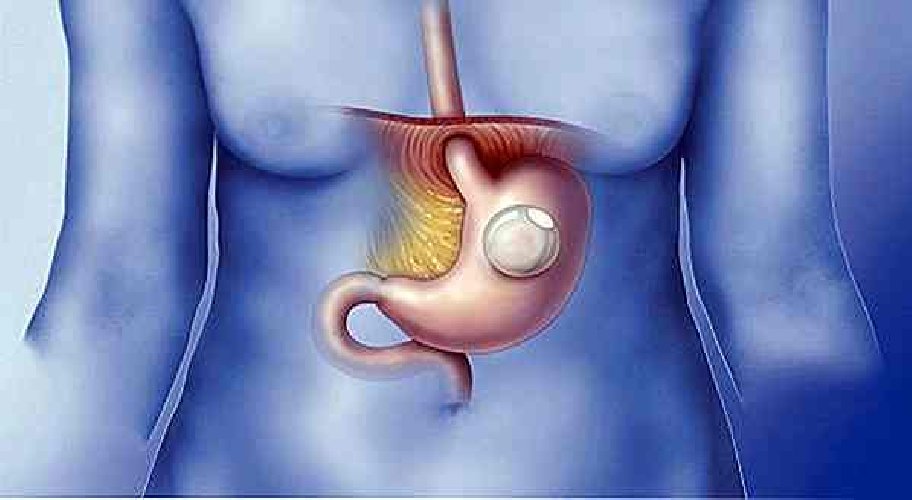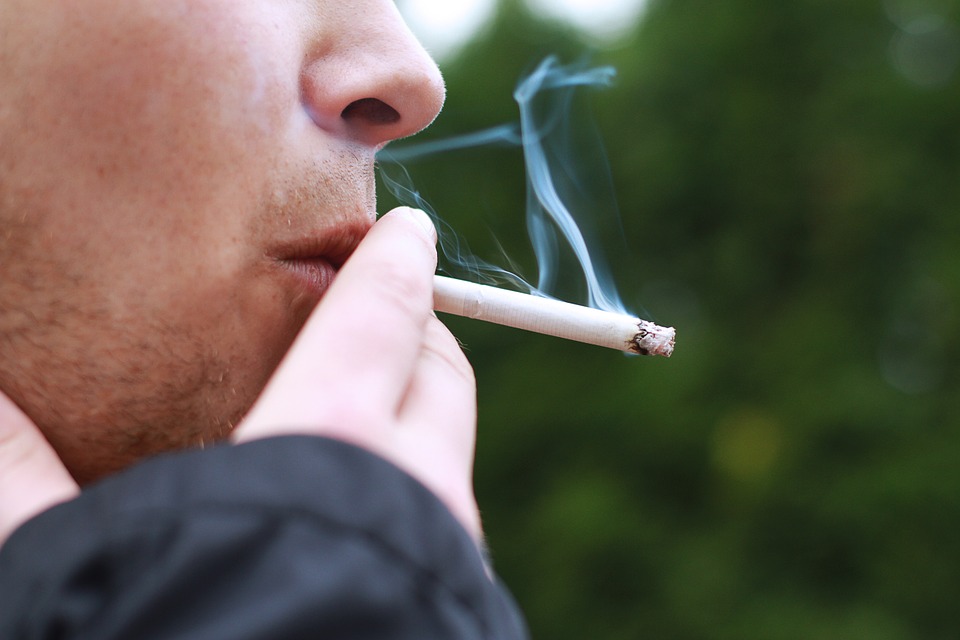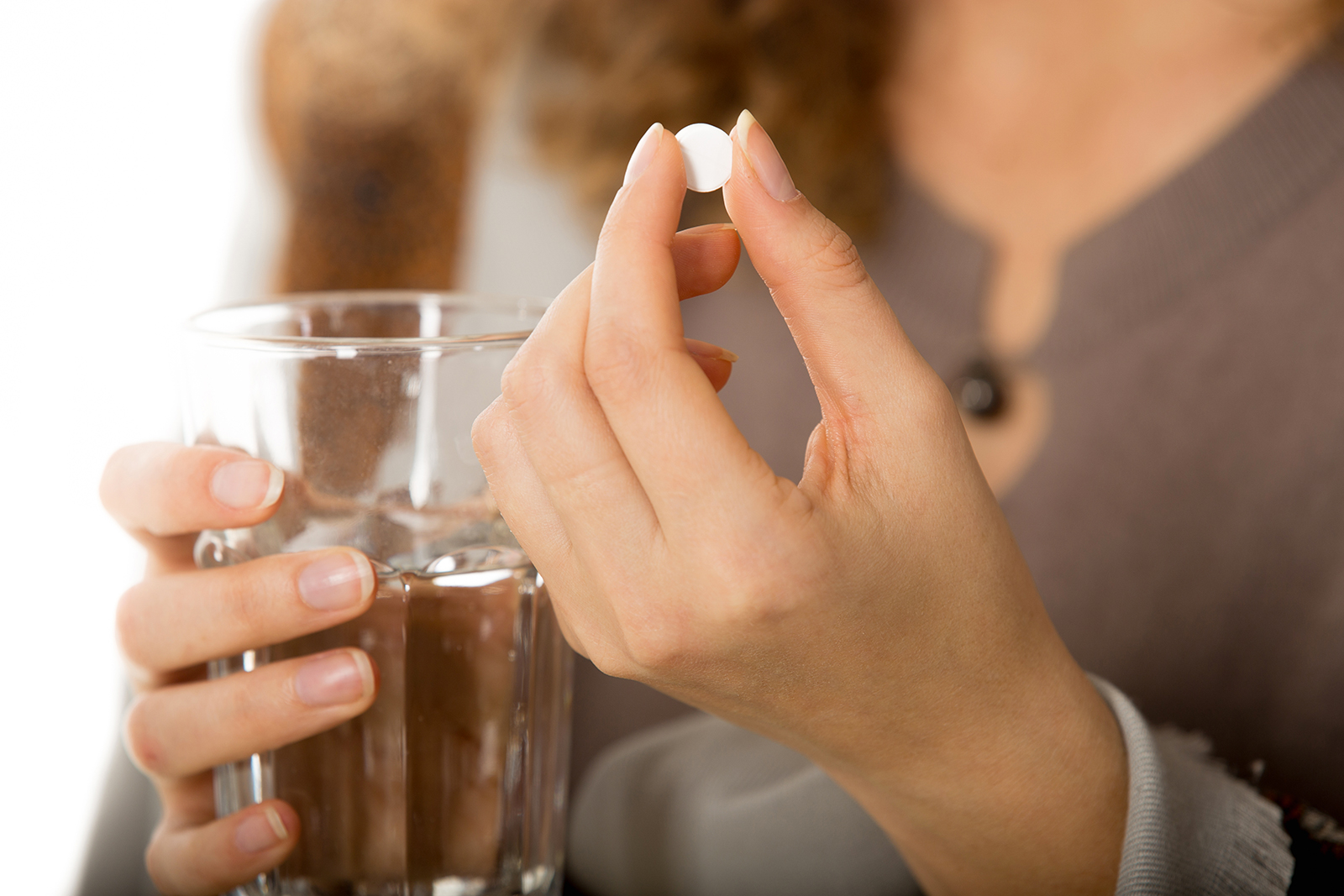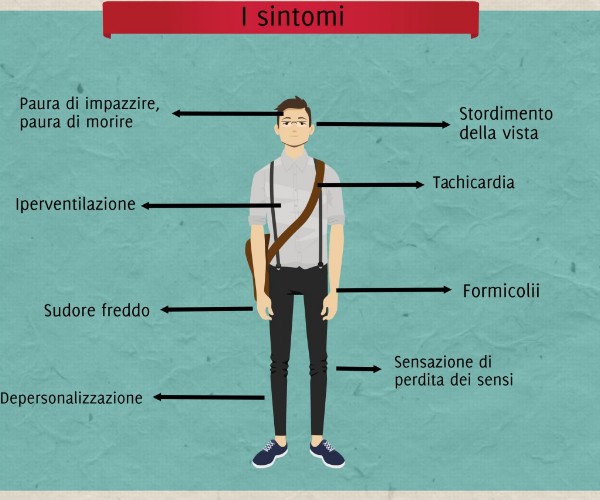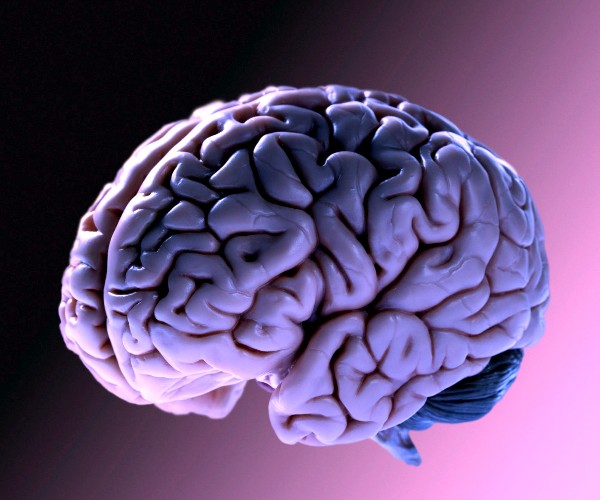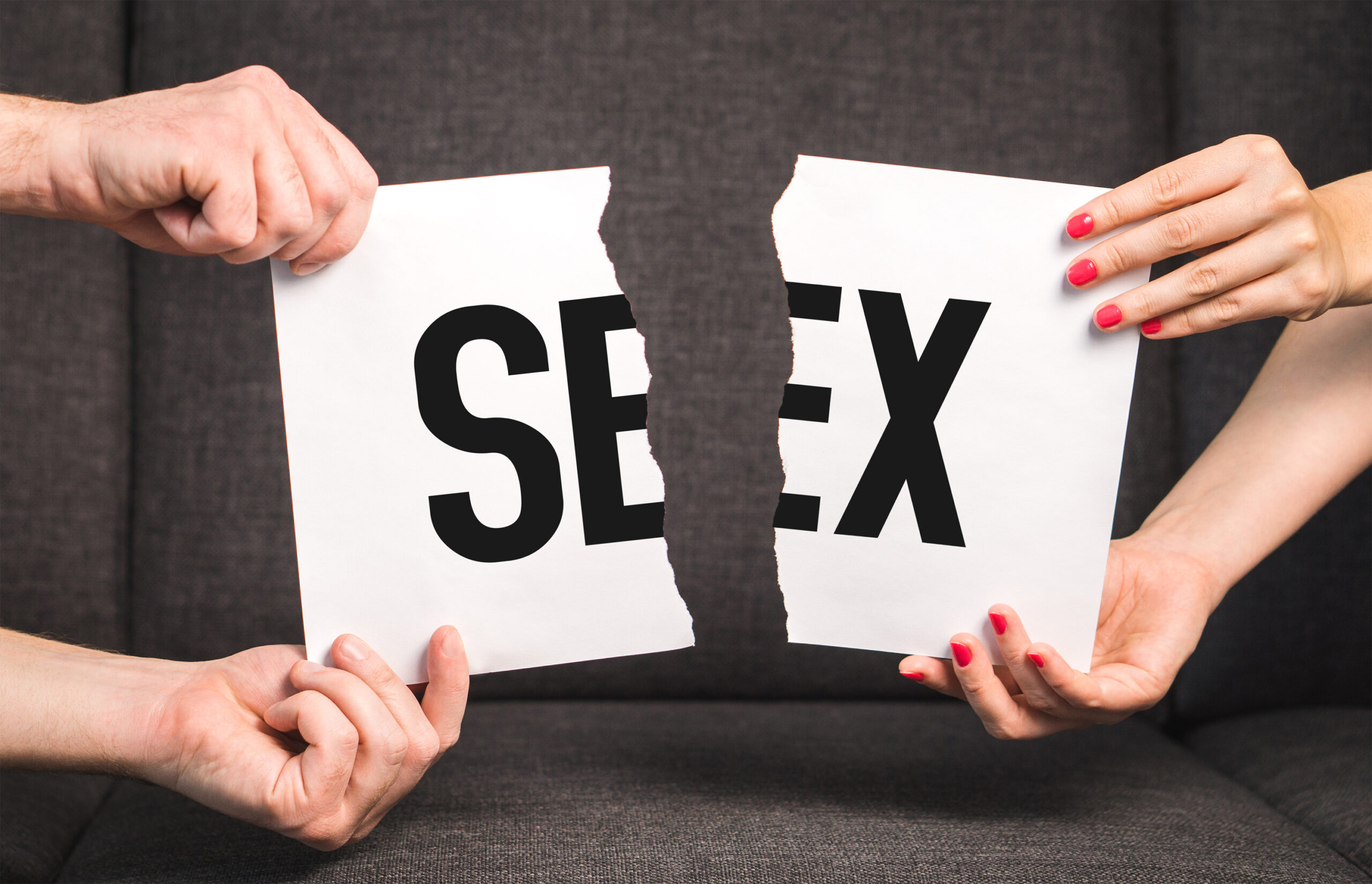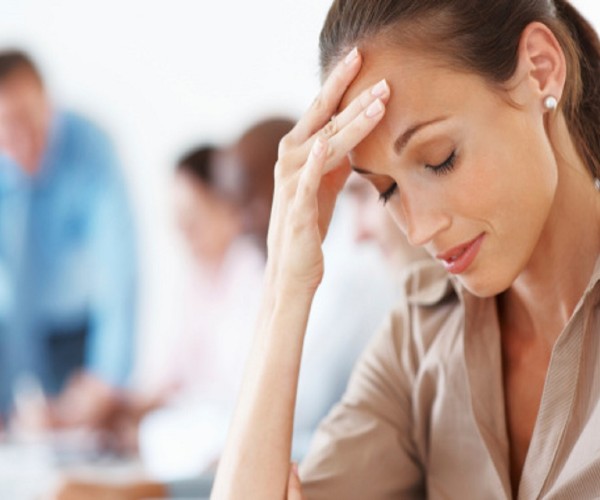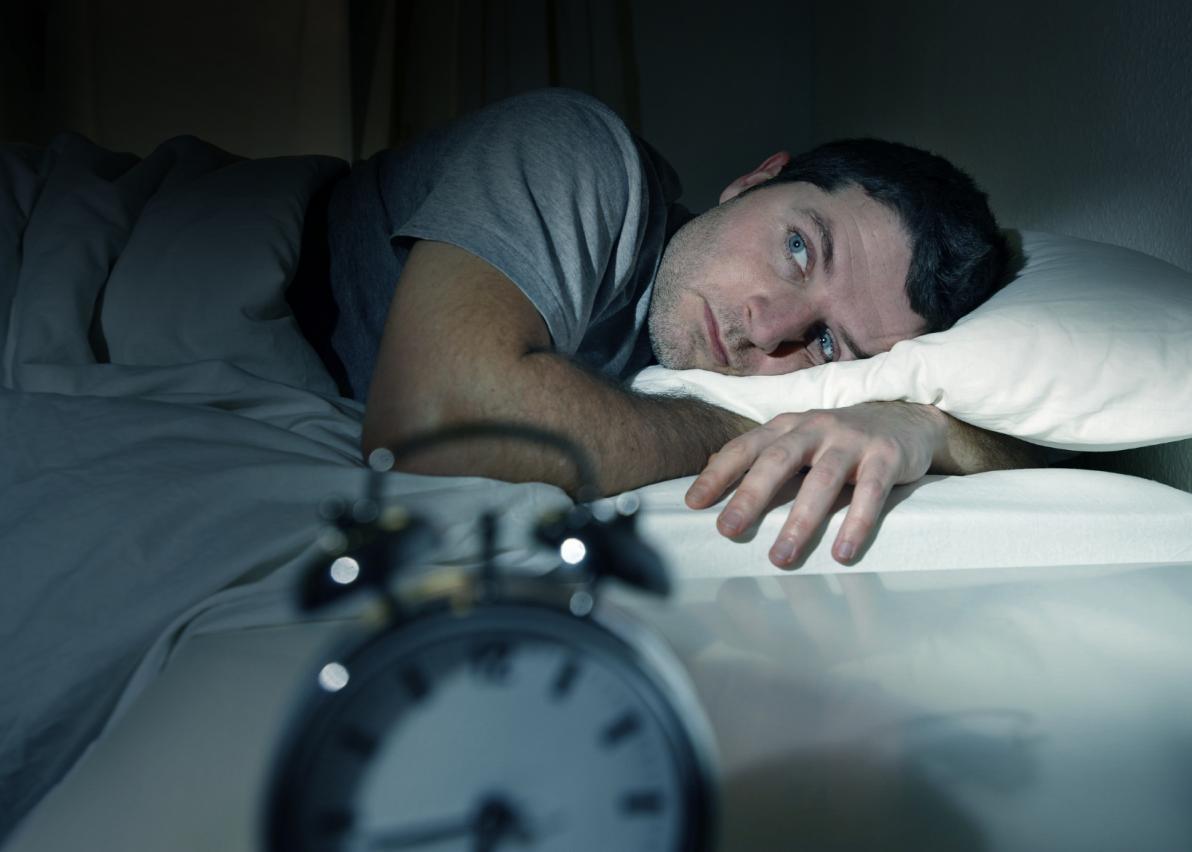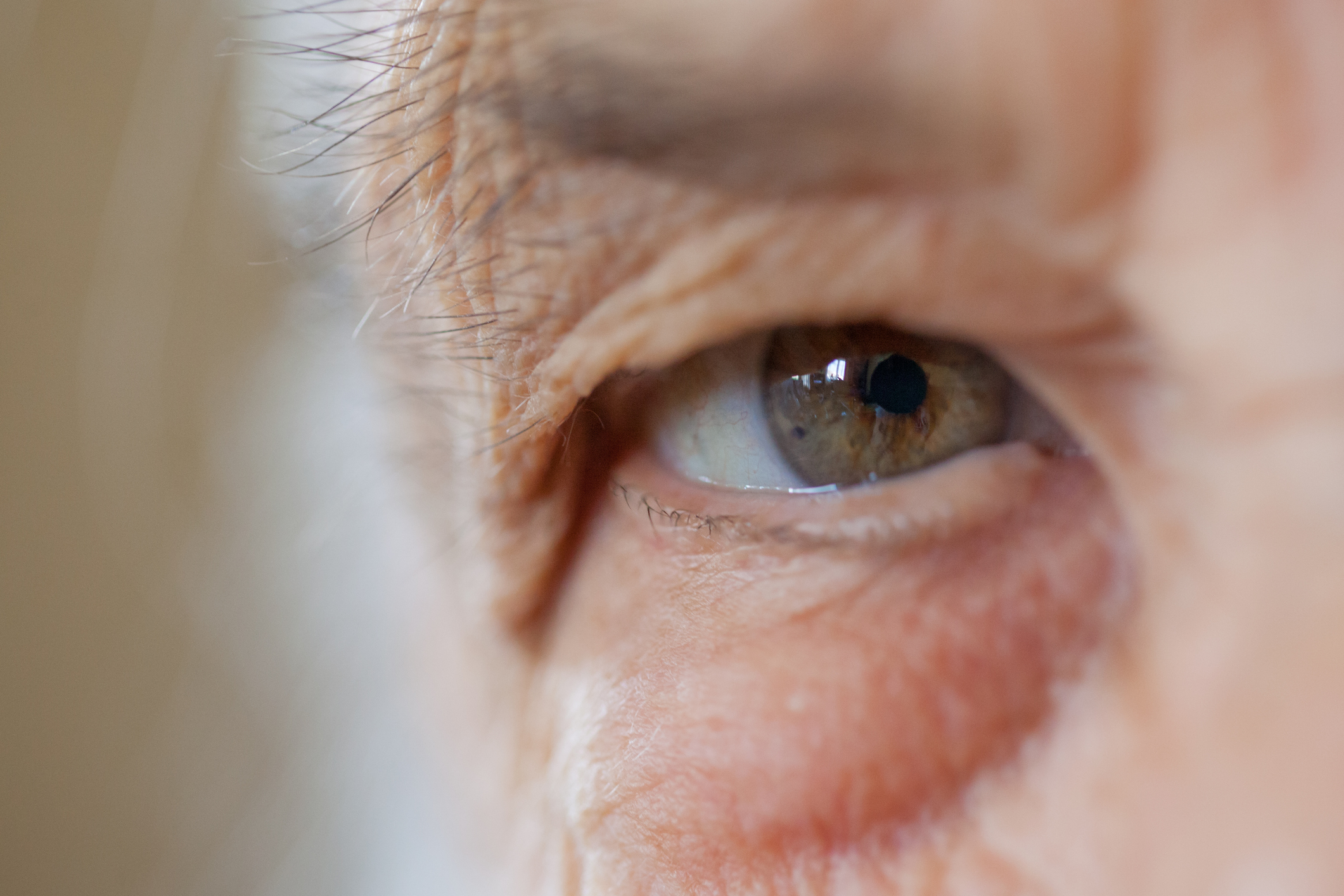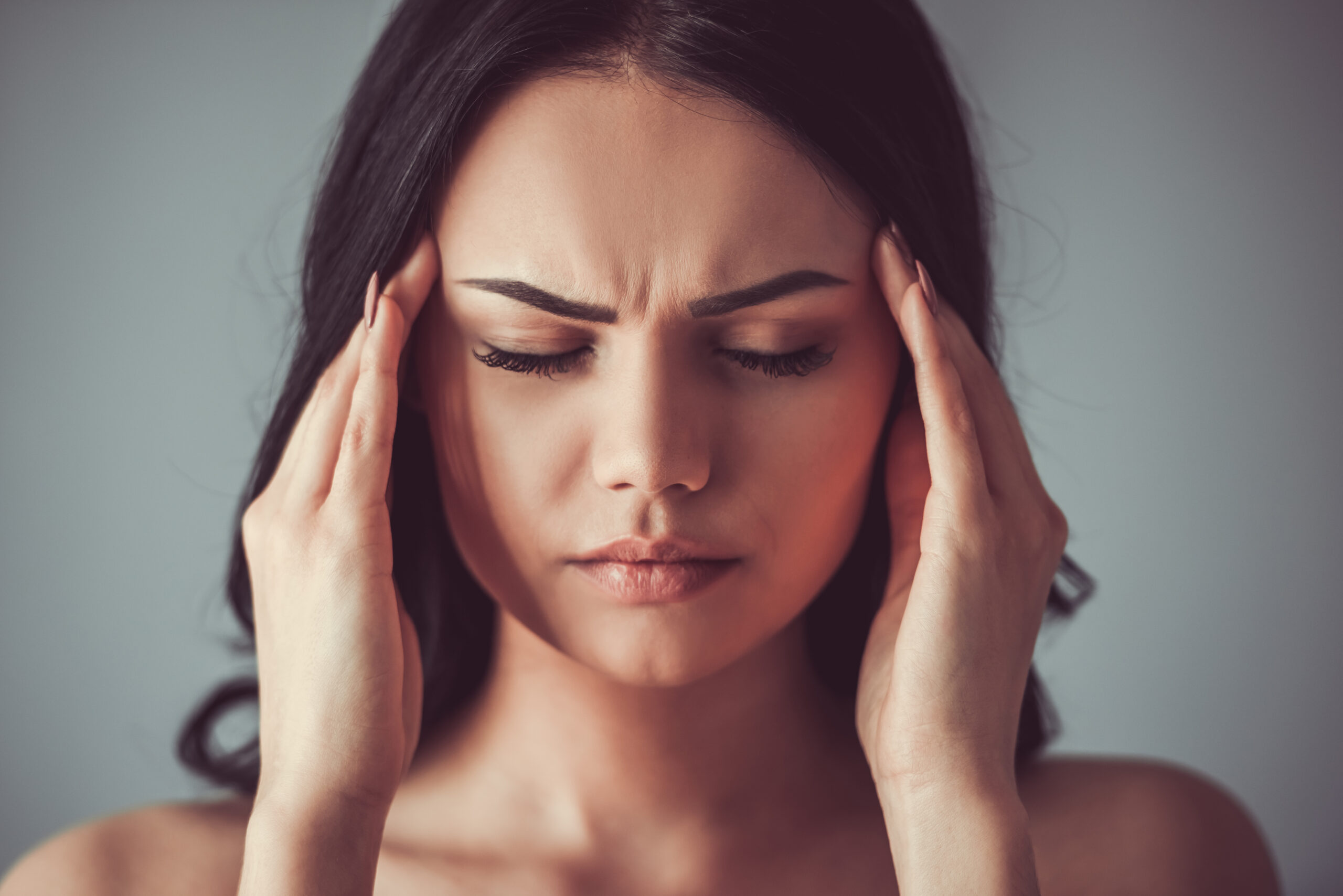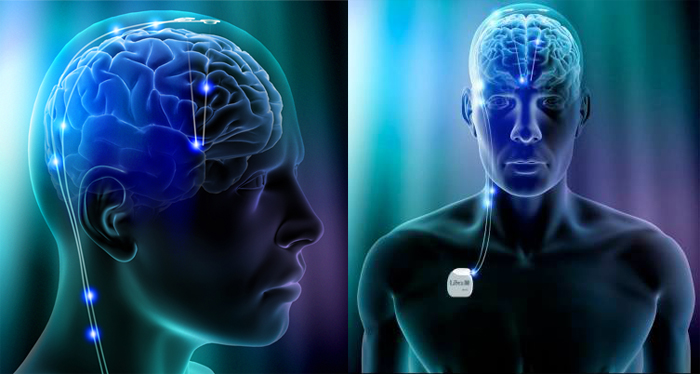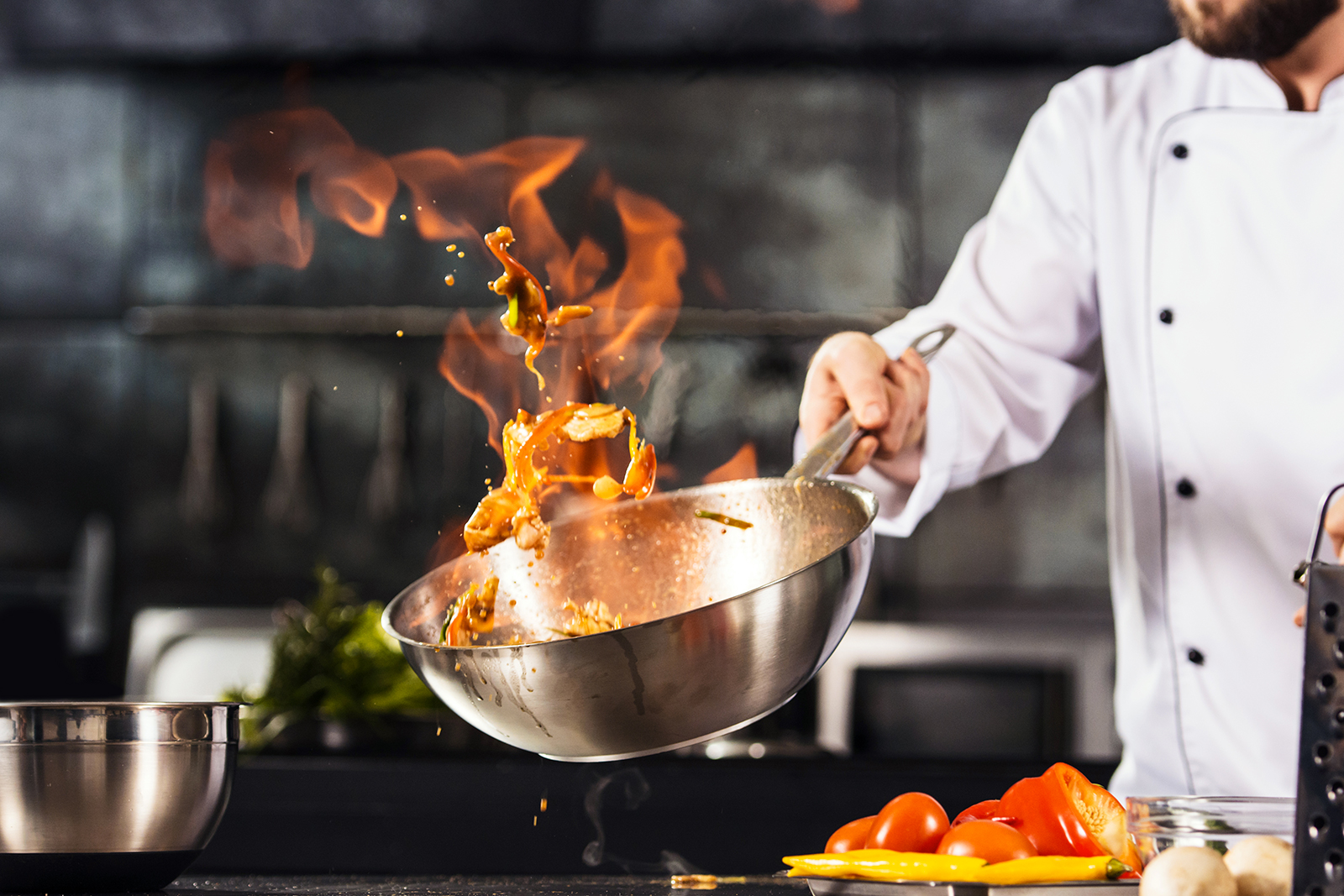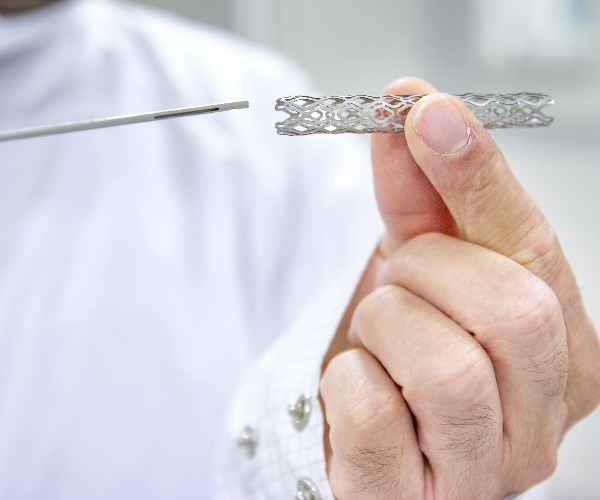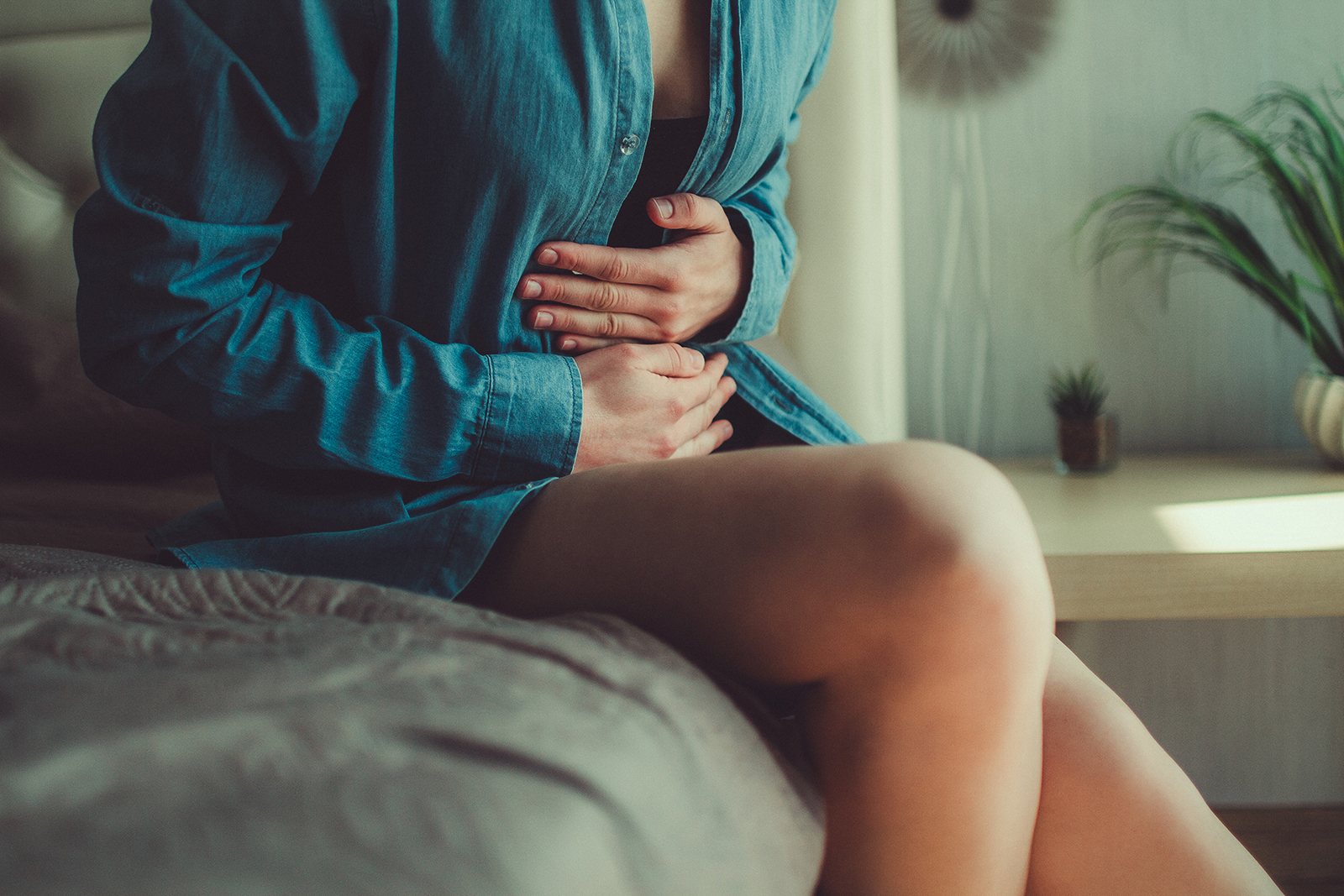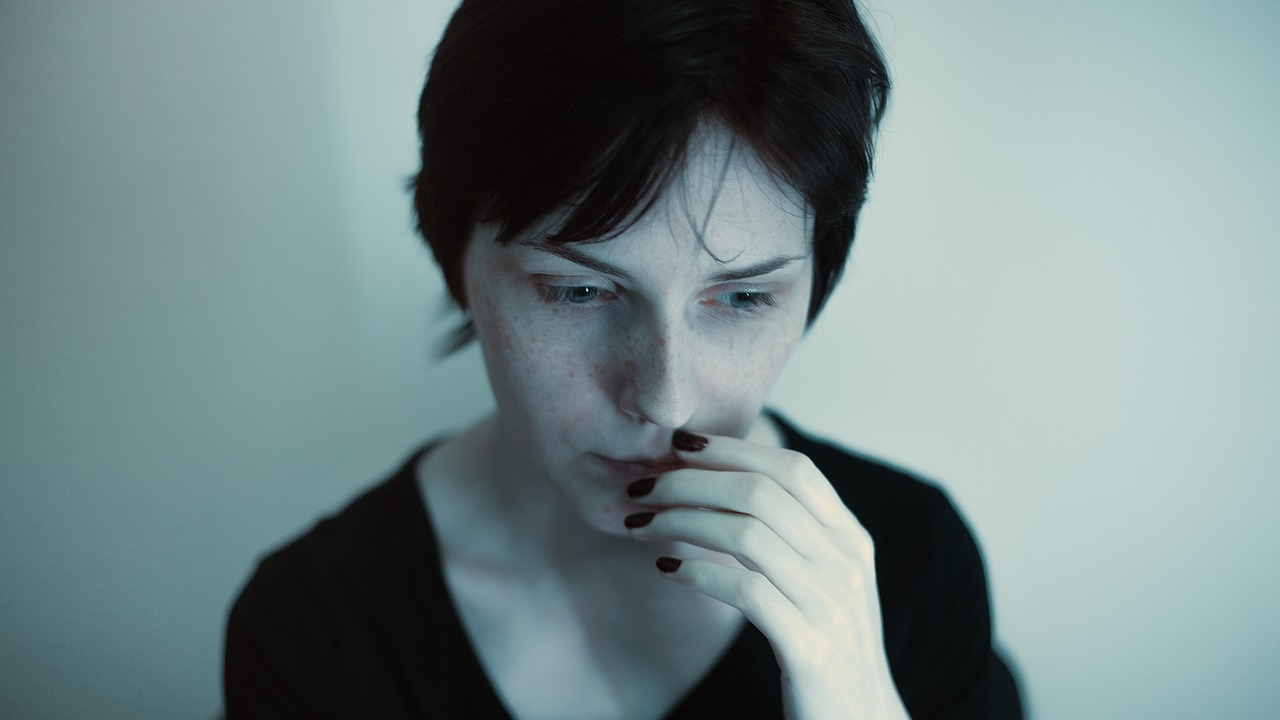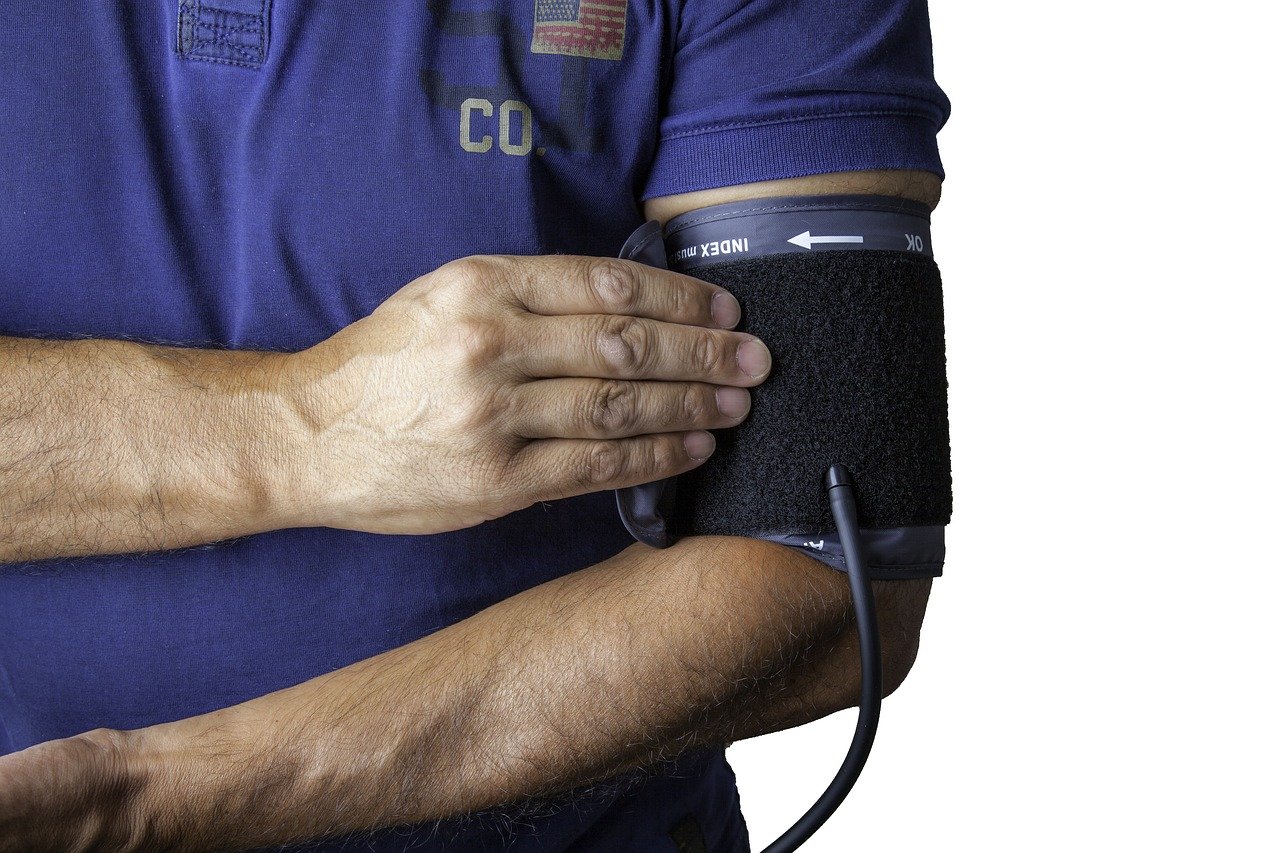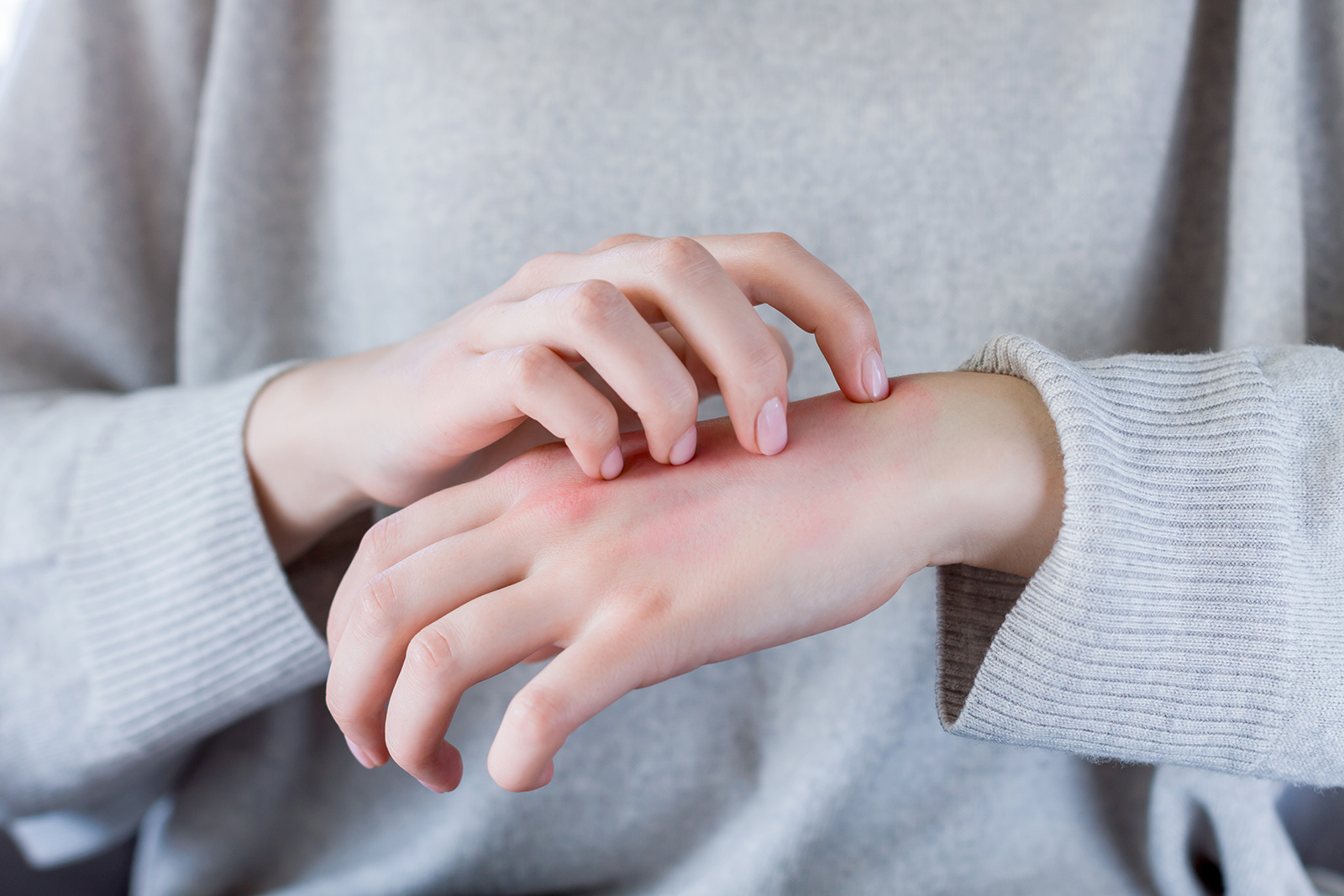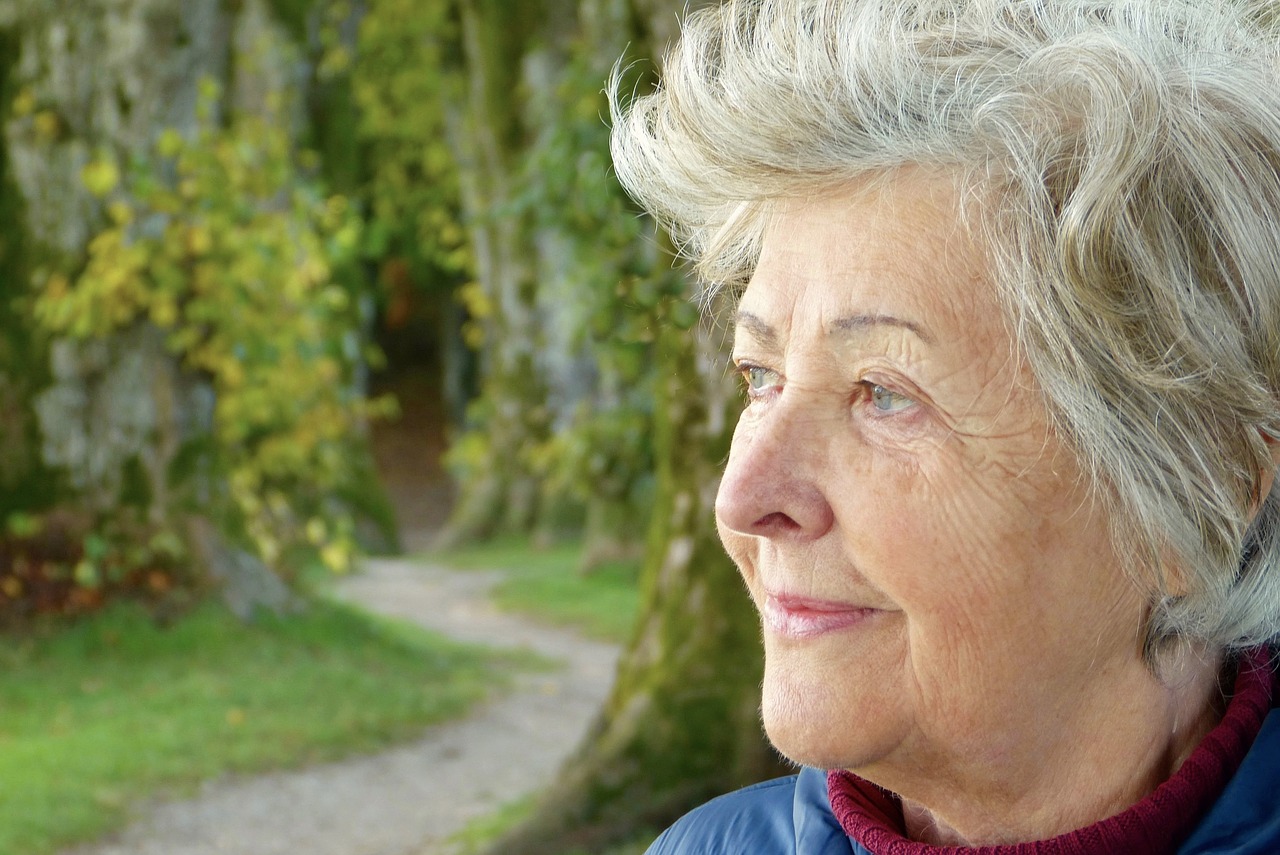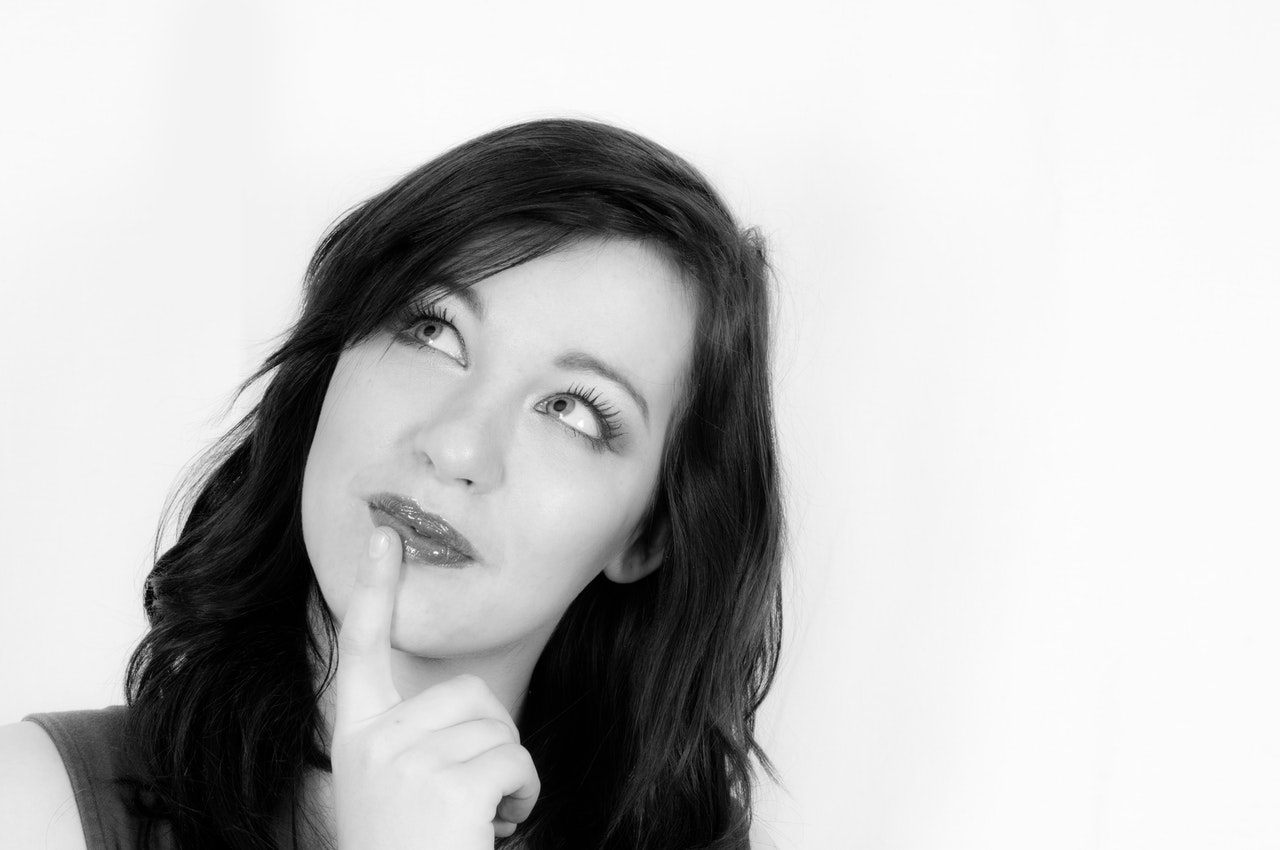Treatment of the various disorders caused by Anxiety and Depression, in addition to specialized care, requires the patient to pay constant attention to his or her diet, trying to avoid certain foods and drinks that are not advisable in cases of anxiety and depression.
Although no such direct and pronounced harmfulness can be attributed to a certain food, in a daily dietary perspective some foods can “contribute” to an increase in disorders that can be linked to these diseases.
Are there many foods that are inadvisable and many sacrifices to be made?
Rather than giving up, choices should be made, selections of foods and beverages that are not potentially harmful if one accuses a problem of anxiety or depression.
Sugars, for example, which are very common even in foods such as fruit. Better to eat the fruit than to drink the juices, which often have lots of sugar added.
Refined white flour, often found in many foods in the restaurant industry, is converted into sugars, which can provide strong energy boosts, followed by energy dips, a situation that is not ideal in treatments for anxiety and depression. So better to choose whole grain bread as a food.
Avoid those pre-packaged or canned foods that are often fortified with salt, sugar, or fructose, or sold as “sugar-free foods” but fortified with artificial sweeteners.
Much better to pay attention to the ingredients listed on the label. Better homemade seasoning with quality ingredients than industrially prepared seasoning.
A diet that helps avoid recurrence of symptoms should lean as much as possible toward natural foods, avoiding condiments such as preserved ones altogether, fried foods, those fatty, cured meats or red meats, “those with partially hydrogenated oils,” all of which can be directly linked to increased symptoms of anxiety and depression.
And still others such as Ketchup, which can contain as much sugar added to tomatoes as sweets in general, and especially those with frosting, a real concentration of harmful sugars.
Then there are the two most popular drinks that are potentially most directly linked to increased anxiety and depression symptoms: coffee andalcohol.
Coffee can cause increased nervousness and loss of sleep in patients under medical treatment.
Therefore, it is better to do without it or replace it with decaffeinated.
Alcohol, even more so, is the least suitable drink in these types of conditions, as it can affect behavior by acting on the nervous system andmood.
The best choice would be to eliminate it altogether from the diet of those affected by symptoms of anxiety or depression, but it should at least be limited to a small daily dose, or better if occasional, adopting this behavior as one’s lifestyle.








